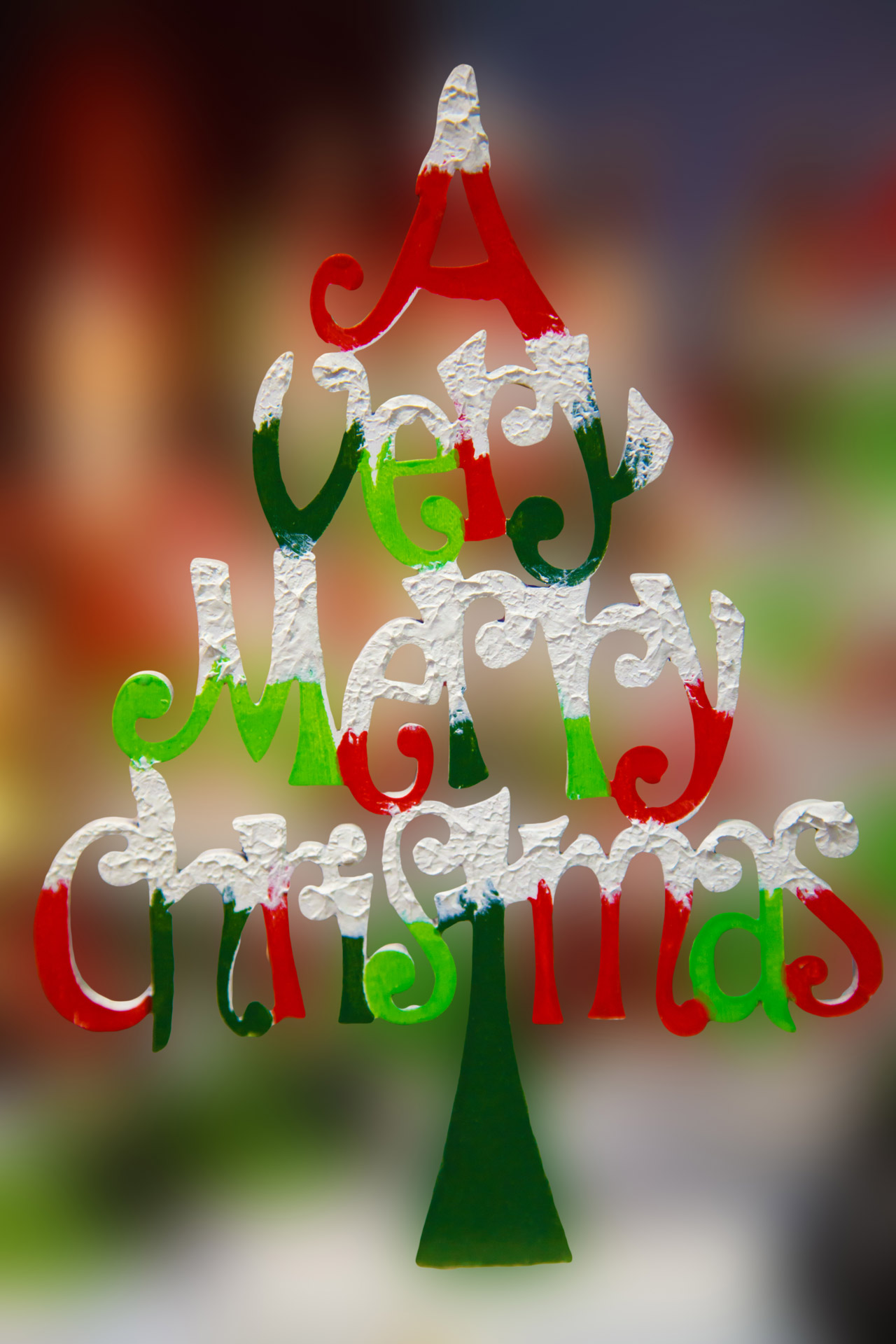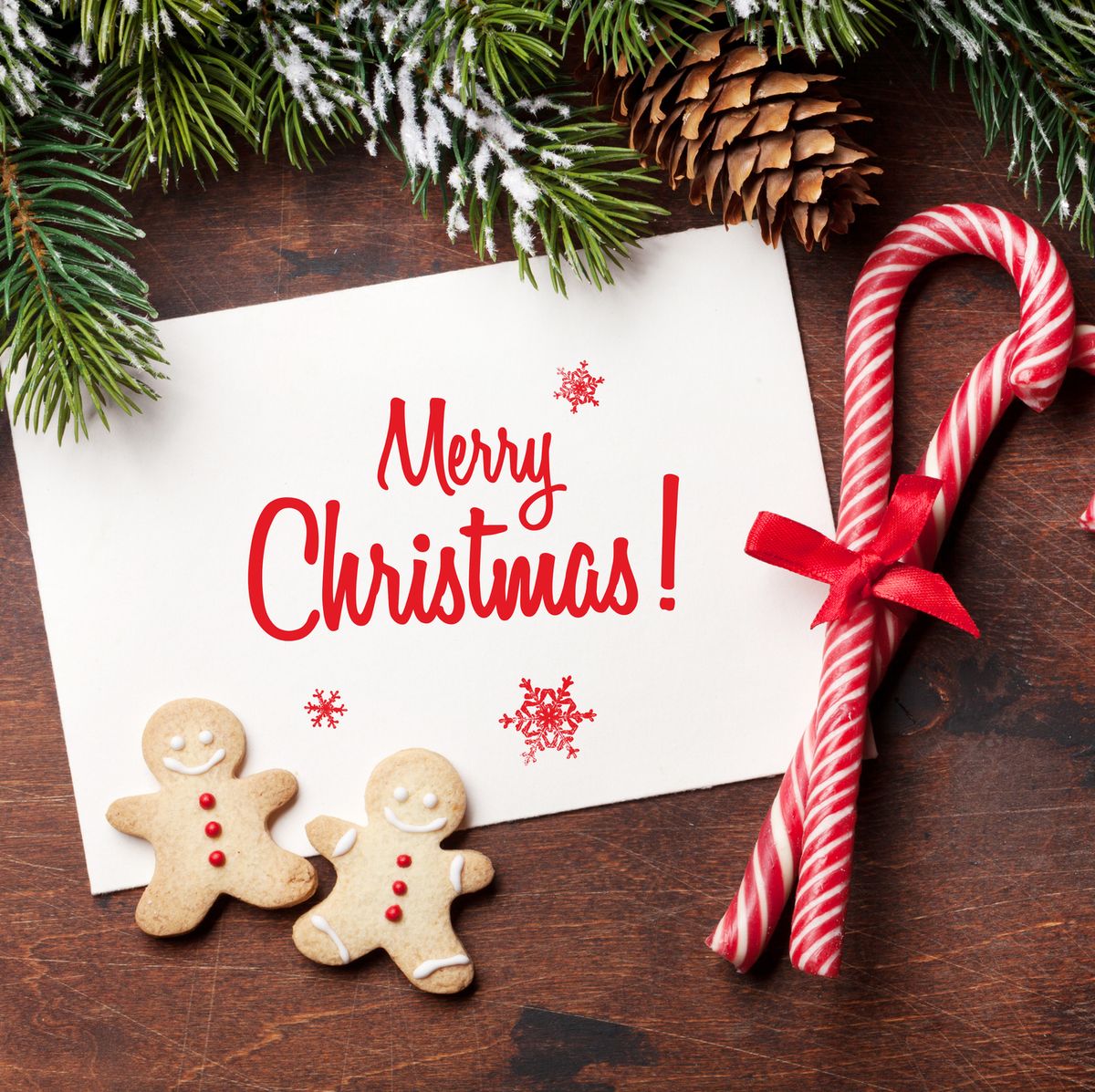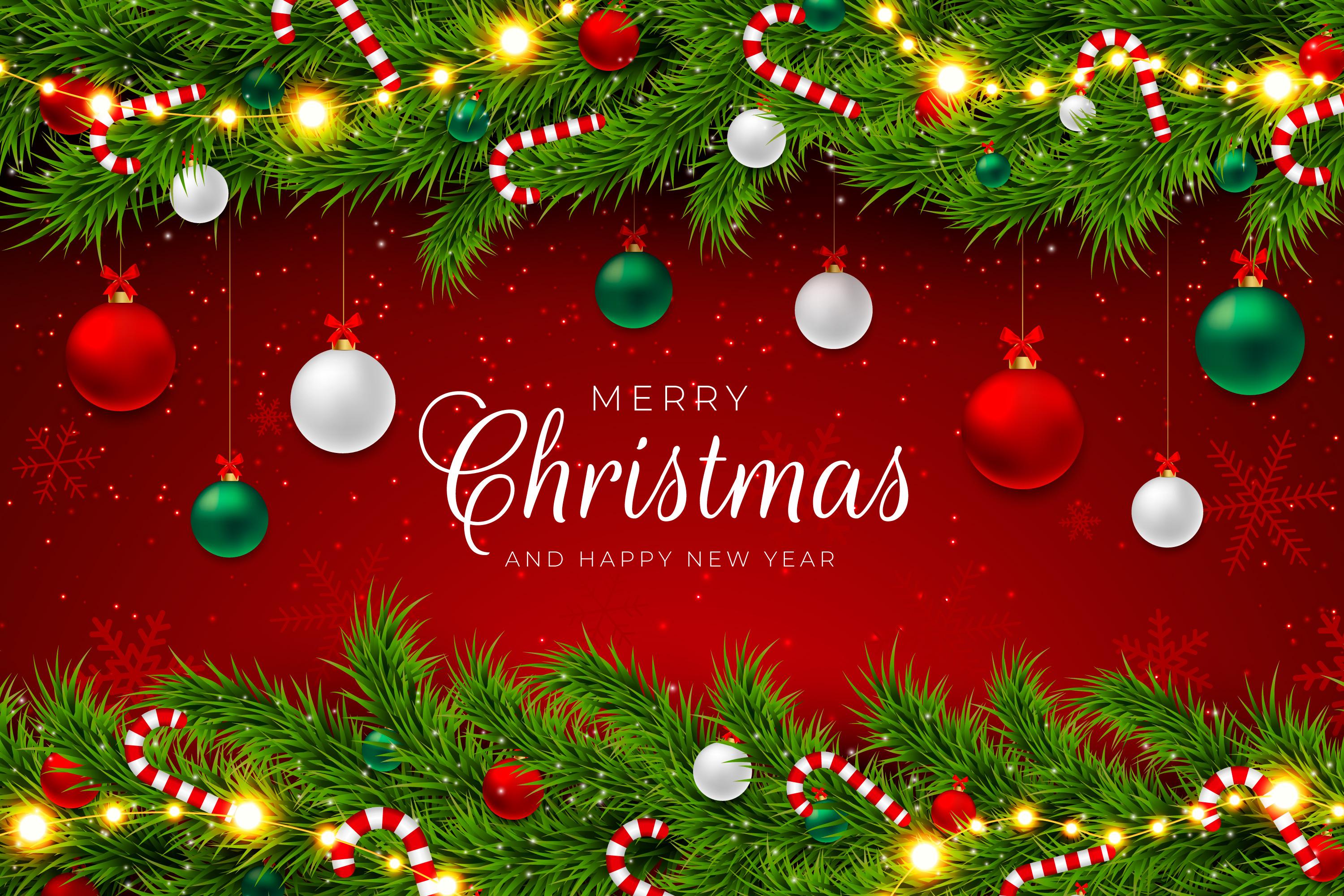Merry Xmas Chinese: Unpacking The Cheer In A Different Cultural Light
Detail Author:
- Name : Prof. Esta Marks
- Username : thaddeus.parker
- Email : nitzsche.ryan@jast.com
- Birthdate : 1995-01-16
- Address : 49284 Elmira Harbors South Lottie, AL 69674
- Phone : (714) 847-4432
- Company : Harris, Bergstrom and Abbott
- Job : Computer Science Teacher
- Bio : Recusandae cum explicabo ut provident quaerat. Explicabo vitae accusamus odit est rerum est ex.
Socials
facebook:
- url : https://facebook.com/ashlyheathcote
- username : ashlyheathcote
- bio : Recusandae amet itaque sint aut sint. Quibusdam sunt ipsum id voluptatem.
- followers : 6901
- following : 1651
instagram:
- url : https://instagram.com/heathcote2020
- username : heathcote2020
- bio : Ipsa cupiditate distinctio incidunt quo rem. Ut et est nam ut adipisci.
- followers : 6676
- following : 2070
twitter:
- url : https://twitter.com/ashly.heathcote
- username : ashly.heathcote
- bio : Ea voluptatum a vel perferendis voluptatibus. Facilis aut quaerat quibusdam aliquam nam qui.
- followers : 940
- following : 2557
linkedin:
- url : https://linkedin.com/in/ashly.heathcote
- username : ashly.heathcote
- bio : Voluptates sit tenetur quia eius sed.
- followers : 4985
- following : 642
Christmas, a time many folks around the globe connect with joy and good feelings, looks a bit different depending on where you are. So, when we talk about merry xmas chinese, what exactly does that mean? It’s not quite the same picture as a snowy village scene or a traditional family feast that comes to mind for some, but there's still a whole lot of happiness and festive spirit involved, you know?
The very idea of "merry," as you might know, means being full of gaiety or having high spirits. It's about cheerfulness, liveliness, and just plain good feelings. When someone's character is described as merry, it means they're happy and cheerful, like that person who was much loved for their merry nature. This kind of joy, this uninhibited feeling, is something universal, even if the reasons for it change from place to place.
This article is going to take a closer look at how that "merry" feeling shows up during Christmas in China. We'll explore how this time of year brings its own kind of cheer, perhaps not always in the ways you'd expect, and how it fits into the broader picture of Chinese celebrations. It’s a fascinating blend of global trends and local customs, actually.
Table of Contents
- Understanding "Merry" in a Chinese Context
- The Christmas Vibe in China: More Than Just a Holiday
- Comparing Festivities: Christmas vs. Traditional Chinese Holidays
- Experiencing Christmas Cheer in Chinese Cities
- The Evolution of "Merry Xmas Chinese"
- Frequently Asked Questions About Christmas in China
- Bringing It All Together: A Unique Kind of Merriment
Understanding "Merry" in a Chinese Context
When we talk about "merry," we're really talking about a feeling of joy, a sense of cheerfulness that makes you feel good inside. It’s about liveliness and having a good time, as in those bursts of merry sounds from a house. In a Western sense, this feeling is often tied to Christmas traditions, like carols and family gatherings. But, in China, the idea of "merry" around Christmas takes on a slightly different flavor, you know?
China has its own rich tapestry of festivals and holidays, each with its unique ways of bringing people together and creating a happy atmosphere. Christmas, while not a traditional Chinese holiday, has certainly found a place in the urban landscape, especially among younger generations. It's almost as if the spirit of "merry" has found a new home, adapting to local customs and preferences, which is quite interesting.
The core meaning of merry—being full of cheerfulness, liveliness, and good feelings—is still very much there. It’s just expressed in ways that fit the Chinese social scene. So, when you think about merry xmas chinese, picture a joyous disposition, perhaps in a shopping mall filled with decorations or among friends sharing a special meal, rather than a quiet family evening at home. It’s a public kind of happiness, in some respects.
The Christmas Vibe in China: More Than Just a Holiday
The Christmas vibe in China, particularly in its bigger cities, is actually quite noticeable. It’s less about a religious observance and more about a chance to enjoy something new and fun. This annual event has become a symbol of modernity and global connection for many, especially the young people who are always looking for fresh ways to celebrate and connect. It’s a bit like a cultural exchange, really.
A Festive, Commercial Spectacle
Walk into a shopping center in a Chinese city during December, and you'll see a truly festive sight. There are bright lights, tall Christmas trees, and often, Santa Claus figures. It’s a visual feast, designed to get people in the mood for shopping and spending time out. This commercial side of Christmas really highlights the lively atmosphere, almost like a big party that everyone is invited to join, you know?
Stores put up special displays, and there are often sales events that draw in big crowds. The focus is on the fun of it all, the chance to buy gifts, and to enjoy the pretty decorations. This aspect of Christmas certainly brings out the "merry" in terms of offering fun and liveliness, creating a cheerful buzz that's hard to ignore. It’s a very public display of good feelings, typically.
Young People and Urban Celebrations
For many young people in China, Christmas is a popular time for social gatherings. It’s a day to go out with friends, perhaps for a nice dinner, to sing karaoke, or to catch a movie. It’s also a favored day for couples to have a special date. This focus on social interaction and shared experiences is where a lot of the "merry" feeling comes from. It’s about making happy memories with people you care about, which is so important.
The spirit of camaraderie and lightheartedness is very strong during these gatherings. There’s a sense of freedom and joy that comes with celebrating with peers, away from the more traditional family-centric holidays. This is where you see people truly expressing their happy and cheerful natures, a bit like letting loose and just having a good time, you know?
The "Merry" Feeling: Joy and Liveliness
The "merry" feeling in the context of merry xmas chinese is really about the joy that comes from new experiences and social connections. It’s about the cheerfulness that fills the air in decorated public spaces and the liveliness of people enjoying themselves together. This isn't necessarily the quiet, reflective joy of a traditional Western Christmas, but a more outward, shared kind of happiness.
It’s marked by fun, good feelings, and a vibrant atmosphere. You might hear bursts of merry laughter in restaurants or see people smiling broadly as they take photos with festive backdrops. This shows that the adjective "merry," describing something or someone as cheerful, joyous, or festive, truly applies here, even if the reasons for the festivity are different. It generally refers to a lively and fun atmosphere, which is very much present.
Comparing Festivities: Christmas vs. Traditional Chinese Holidays
To really get a handle on merry xmas chinese, it helps to put it next to China's own deeply rooted traditional holidays. While Christmas brings a certain kind of "merry," these older festivals have a much deeper cultural meaning and typically involve very different ways of showing joy and togetherness. It's like comparing two different kinds of joyful gatherings, you know?
Spring Festival (Chinese New Year): The Heart of Chinese Merriment
The Spring Festival, also known as Chinese New Year, is without a doubt the most important and widely celebrated holiday in China. This is when the true heart of Chinese merriment comes alive. Families travel great distances to be together, share huge meals, give red envelopes with money, and set off fireworks. The cheerfulness and gaiety are profound, rooted in centuries of tradition.
This holiday embodies the essence of "merry" in a deeply communal and familial way. It’s about renewal, good fortune, and the strong bonds of kinship. The joy is palpable, from the bustling markets before the holiday to the lively family gatherings. It’s a time when people are truly joyous in disposition and spirit, and you can really feel the good feelings all around, in a way.
Mid-Autumn Festival and Dragon Boat Festival
Other traditional holidays, like the Mid-Autumn Festival and the Dragon Boat Festival, also bring their own forms of "merry." The Mid-Autumn Festival is about family reunions, eating mooncakes, and admiring the full moon. It's a quieter, more reflective kind of joy, yet still full of warmth and connection. People gather, share stories, and appreciate the beauty of the season.
The Dragon Boat Festival, on the other hand, is marked by exciting boat races and eating sticky rice dumplings. This holiday brings a sense of lively competition and community spirit. While different in their outward expression, both these festivals are examples of occasions where people experience cheerfulness and good feelings, showing that the idea of "merry" is woven into the fabric of Chinese culture, just in varied forms.
Experiencing Christmas Cheer in Chinese Cities
For those looking to experience the unique brand of merry xmas chinese, the big cities are definitely the places to be. The urban centers really embrace the festive decorations and commercial buzz, creating an atmosphere that's quite distinct from traditional Chinese celebrations. It’s a different kind of joyous experience, that's for sure.
Shopping Malls and Department Stores
These places become the main stages for Christmas cheer. You'll find them decked out with impressive lights, giant trees, and sometimes even snow machines creating a winter wonderland effect. It’s a sight to behold, and people often go just to soak in the atmosphere and take pictures. The sheer visual spectacle contributes a lot to the feeling of fun and liveliness, making it a truly festive outing.
Many malls will have special performances or events, too, like choirs singing carols or costumed characters interacting with shoppers. This makes the shopping experience feel more like a celebration, encouraging people to linger and enjoy the good feelings. It’s a very public and shared form of happiness, you know, almost like a city-wide party.
Restaurants and Cafes
Dining out is a big part of how people celebrate Christmas in China. Many restaurants, especially those in hotels or more upscale areas, offer special Christmas menus or buffets. These are popular spots for friends and couples to gather and enjoy a festive meal together. The act of sharing food and conversation in a pleasant setting really adds to the "merry" vibe.
Cafes also get into the spirit, offering seasonal drinks and treats. They become cozy spots for people to meet up, chat, and soak in the holiday mood. The simple pleasure of good food and company contributes greatly to the cheerfulness and good feelings of the season, creating moments of quiet joy amidst the city's hustle, you know?
Gathering with Friends and Loved Ones
Perhaps the most genuine expression of "merry" during Christmas in China comes from simply spending time with friends and loved ones. Whether it’s a casual get-together, a karaoke session, or a night out, these social interactions are key. It’s a chance for people to relax, laugh, and just enjoy each other's company, which is pretty universal, really.
This is where you see people's happy and cheerful natures truly shine. The focus isn't on tradition or obligation, but on the pure joy of connection and shared experiences. It’s about creating moments of uninhibited fun and liveliness, embodying the very definition of "merry" in a personal and heartfelt way. This kind of gathering, you know, tends to be full of good feelings.
The Evolution of "Merry Xmas Chinese"
The concept of merry xmas chinese is still evolving, showing how global influences can blend with local cultures to create something new and unique. What started as a foreign holiday has been adapted and embraced, especially by younger generations, becoming a distinct part of the urban social calendar. It's a pretty interesting cultural shift, if you think about it.
This evolution highlights a broader trend of cultural exchange and adaptation. China is a place where new ideas and traditions are often integrated and given a local twist. The "merry" aspect of Christmas, with its focus on cheerfulness and good feelings, fits well into a society that values community and shared enjoyment, even if the specific reasons for celebration differ. It's a testament to how feelings of joy can transcend cultural boundaries, you know?
As time goes on, it's likely that the way Christmas is celebrated in China will continue to change and develop, perhaps becoming even more uniquely Chinese in its expression of "merry." It’s a dynamic process, reflecting the ongoing interplay between global trends and local customs. This means the experience of a "merry xmas chinese" will likely keep offering fresh perspectives on what it means to be festive and happy, which is quite exciting to observe.
Frequently Asked Questions About Christmas in China
Is Christmas a public holiday in China?
No, Christmas is not a public holiday in mainland China. Most people still go to work or school on December 25th. However, businesses and shops, especially in larger cities, often embrace the festive spirit with decorations and special offers, making it feel a bit like a holiday anyway.
How do people typically celebrate Christmas in China?
Celebrations are mostly social and commercial, rather than religious or traditional family gatherings. Young people often go out with friends or partners for dinner, shopping, or entertainment. Shopping malls are heavily decorated, and there's a general festive atmosphere in urban areas. It's more about having fun and enjoying the commercial aspects, you know?
What are the differences between Christmas and Chinese New Year?
The biggest difference is cultural significance and focus. Chinese New Year (Spring Festival) is China's most important traditional holiday, centered on family reunions, ancestral worship, and deep cultural rituals. Christmas, on the other hand, is a more modern, commercial, and social event, primarily popular among younger generations in urban areas, with less emphasis on family or religious meaning. They both bring joy, but in very different ways, obviously.
Bringing It All Together: A Unique Kind of Merriment
So, when we talk about merry xmas chinese, we’re really talking about a fascinating cultural adaptation. It’s not the traditional Christmas many might picture, but it’s absolutely a time marked by fun, good feelings, and a whole lot of liveliness. The "merry" spirit, defined by cheerfulness and a joyous disposition, is very much present, just expressed through social gatherings, commercial spectacles, and urban celebrations.
This unique blend shows how a global holiday can take on new meanings and expressions in different parts of the world. It’s a chance to see how the universal desire for happiness and connection finds its way into various cultural contexts. So, if you ever find yourself in a Chinese city during December, pay attention to the festive atmosphere and the cheerful faces; you’ll be seeing a truly distinct kind of merriment, you know?
For more insights into global festivities, consider checking out resources on international cultural celebrations, like those found on sites dedicated to cultural exchange here. Discovering how different cultures embrace joy is always a rewarding experience, don't you think?

A Very Merry Christmas Free Stock Photo - Public Domain Pictures

50+ Merry Christmas wishes, messages, greetingsr and quotes- Idoma Voice

Merry Christmas 2023: Best Christmas Wishes, Quotes, Images, And Status